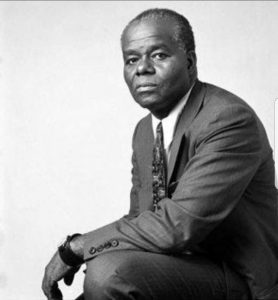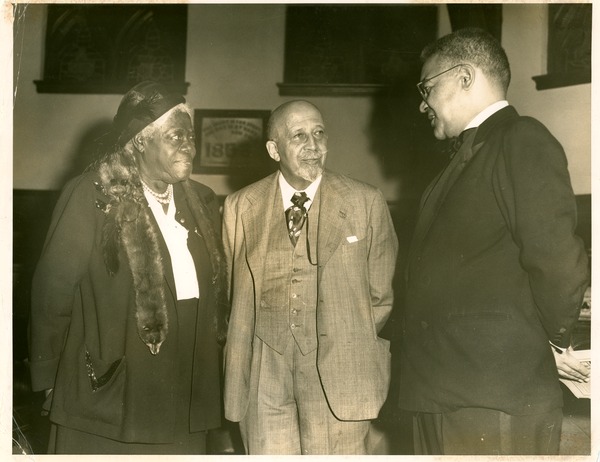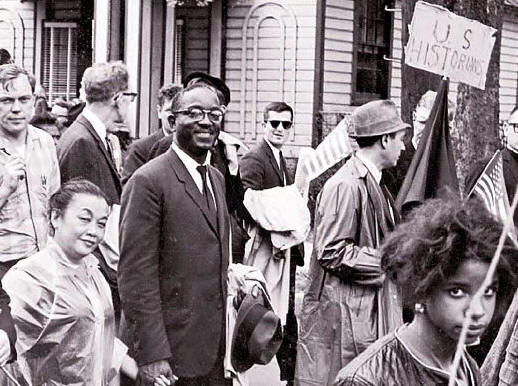On Jan 1, 1915, Dr. John Henrik Clarke — a Pan-Africanist American writer, historian, professor, and a pioneer in the creation of Africana studies and professional institutions in academia — was born in Union Springs, Alabama. His father was a sharecropper and his mother laundered clothing. They named him John Henry Clark, and he later altered the spelling of his middle and last names to reflect his chosen identities and values.
My daddy wanted me to be a farmer; feel the smoothness of Alabama clay and become one of the first Blacks in my town to own land. But, I was worried about my history being caked with that southern clay and I subscribed to a different kind of teaching and learning in my bones and in my spirit.
Clarke was a prominent figure during the Black Power Movement, a professor of Africana studies at Hunter College and Cornell University, and founder of the African Heritage Studies Association in 1969, a time when there was, as he described it, “systematic and racist suppression and distortion of African history by traditional scholars.” He had been aware of this distortion since childhood.
I saw no African people in the printed and illustrated Sunday school lessons. I began to suspect at this early age that someone had distorted the image of my people. My long search for the true history of African people the world over began.
The Sankofa World Publishers website describes Clarke’s role in the mid-20th century political, academic, cultural, literary, and social leadership:
Dr. Clarke’s special relationship with African people afforded him the company of kings, queens, presidents and other heads of state. For example, Dr. Clarke mentored Kwame Nkrumah while he was a student in the United States. Because of the special relationship they shared, when Ghana — the first Sub Saharan nation in modern times — gained its independence in 1957, Clarke served as a journalist for the Ghana Evening News for several years. Dr. Clarke was enstooled as a chief for a region among the Ga people of Ghana….
Without doubt, his association with Betty Shabazz and Malcolm X, Zora Neale Hurston, James Baldwin, Martin Luther King Jr., Richard Wright, Julian Mayfield, Audre Lorde, John G. Jackson, Chancellor Williams, Yosef ben-Jochannan, John Oliver Killens, Hoyt Fuller, Druscilla Dundee Houston, and many other important historical figures of this century who are too numerous to mention here, is a testimony of Dr. Clarke’s influence and place in history as a seminal figure.
Dr. Clarke passed away at his home in Manhattan, New York, on July 16, 1998 at the age of 83. Learn more about him at the African American Literature Bookclub and at CUNY’s Hunter College website.









Twitter
Google plus
LinkedIn